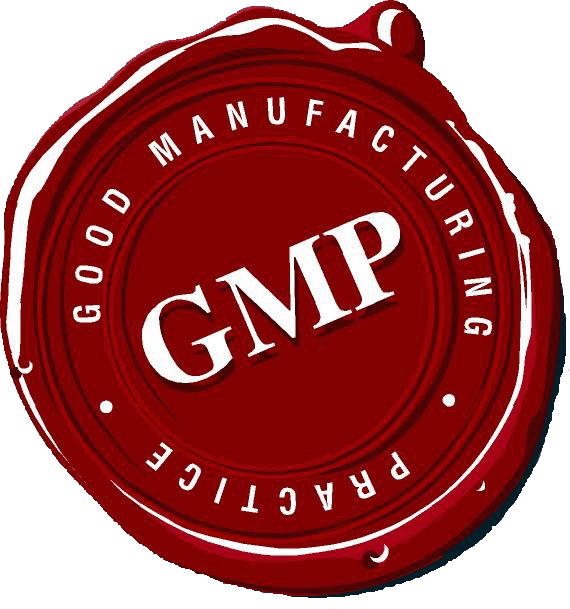

You can also request more information with this form:
GMP Auditor Training for Quality Systems Course
Overview
Current GMP legislation requires that there are internal and external audit programs operating as part of an integrated quality system. Effective auditing should provide evidence of operational compliance status and identify opportunities for continuous improvement and improved supply chain control and relationships. Both internal auditors and supplier auditors need to have in-depth, interactive training in audit techniques and understand how audit activities complement quality and risk management processes to ensure business compliance and identify quality improvements.
Participants will learn about the key techniques and thought processes which can be used by auditors to maximize the benefits of each type of audit. These include planning and preparation, structuring the audit, managing the audit team, classifying observations, close out and reporting, CAPAs and follow up.
Who Should Attend?
-
QA auditors and trainees
-
Production managers who receive internal QA and corporate GMP audits
-
Engineering managers who receive internal QA and corporate GMP audits
-
Production supervisors who lead Self Inspection audits
-
Auditors of suppliers and contractors
-
Course Outline:
Part 1: Auditing Basics
-
Purpose of audits and audit models (overview)
-
Role Characteristics of the Auditor
-
Audit Types and Classification
-
Audit Methods
-
General Themes for All Audits
Part 2: Auditing Tools and Techniques
-
Basic auditing tools
-
Audit Techniques
-
Audit scheduling, planning and management
Part 3: The audit process
-
Audit scheduling
-
Conducting the audit
-
Managing an Audit Team
-
The Exit Meeting
-
Audit Reporting and closeout
Part 4: Improving the audit system
-
Adding Value from the Audit program
-
Organization of the internal audit program (Self Inspection)
Part 5: How to Audit CAPA, OOS and QRM
-
The necessity for structured investigation
-
Corrective and Preventive Action procedures
-
Out of Specification procedures
-
Risk Assessment techniques
Part 6: Auditing API Manufacturers
-
Why Audit API Manufacturers
-
What is different about API operations"
-
Control of raw materials and process intermediates
-
Handling Manufacturing Deviations
-
QC Laboratories
-
Distribution
-
Computer systems
-
QP Declaration
Part 7: Auditing Products Manufacturers
-
Oral solid and liquid dosage forms
-
Packaging and labelling
-
Distribution
-
QC Laboratories
-
Computer systems
Part 8: Auditing for Approval of Contractors / Suppliers
-
Technical requirements (physical properties, purity, quantity, frequency, etc)
-
Critical steps and controls
-
Preferred location (UK, EU, Far East, world-wide)
-
Key points of contract (Quality Technical Agreement)
